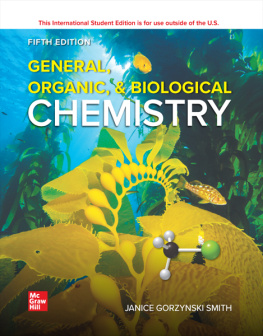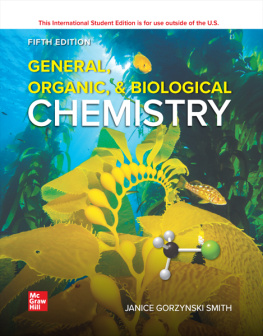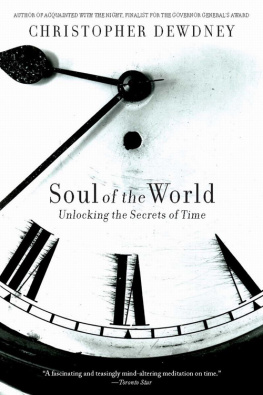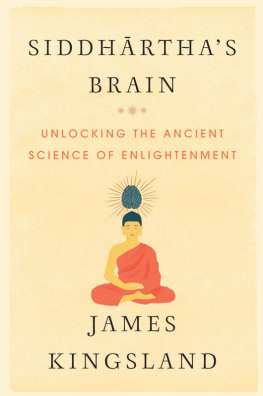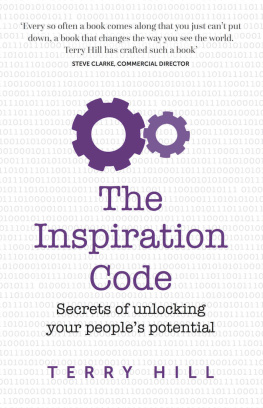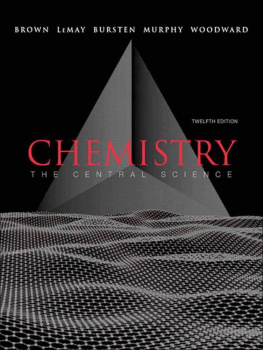Joan Ryan - Intangibles : unlocking the science and soul of team chemistry
Here you can read online Joan Ryan - Intangibles : unlocking the science and soul of team chemistry full text of the book (entire story) in english for free. Download pdf and epub, get meaning, cover and reviews about this ebook. year: 2020, genre: Detective and thriller. Description of the work, (preface) as well as reviews are available. Best literature library LitArk.com created for fans of good reading and offers a wide selection of genres:
Romance novel
Science fiction
Adventure
Detective
Science
History
Home and family
Prose
Art
Politics
Computer
Non-fiction
Religion
Business
Children
Humor
Choose a favorite category and find really read worthwhile books. Enjoy immersion in the world of imagination, feel the emotions of the characters or learn something new for yourself, make an fascinating discovery.

- Book:Intangibles : unlocking the science and soul of team chemistry
- Author:
- Genre:
- Year:2020
- Rating:4 / 5
- Favourites:Add to favourites
- Your mark:
- 80
- 1
- 2
- 3
- 4
- 5
Intangibles : unlocking the science and soul of team chemistry: summary, description and annotation
We offer to read an annotation, description, summary or preface (depends on what the author of the book "Intangibles : unlocking the science and soul of team chemistry" wrote himself). If you haven't found the necessary information about the book — write in the comments, we will try to find it.
Joan Ryan: author's other books
Who wrote Intangibles : unlocking the science and soul of team chemistry? Find out the surname, the name of the author of the book and a list of all author's works by series.
Intangibles : unlocking the science and soul of team chemistry — read online for free the complete book (whole text) full work
Below is the text of the book, divided by pages. System saving the place of the last page read, allows you to conveniently read the book "Intangibles : unlocking the science and soul of team chemistry" online for free, without having to search again every time where you left off. Put a bookmark, and you can go to the page where you finished reading at any time.
Font size:
Interval:
Bookmark:
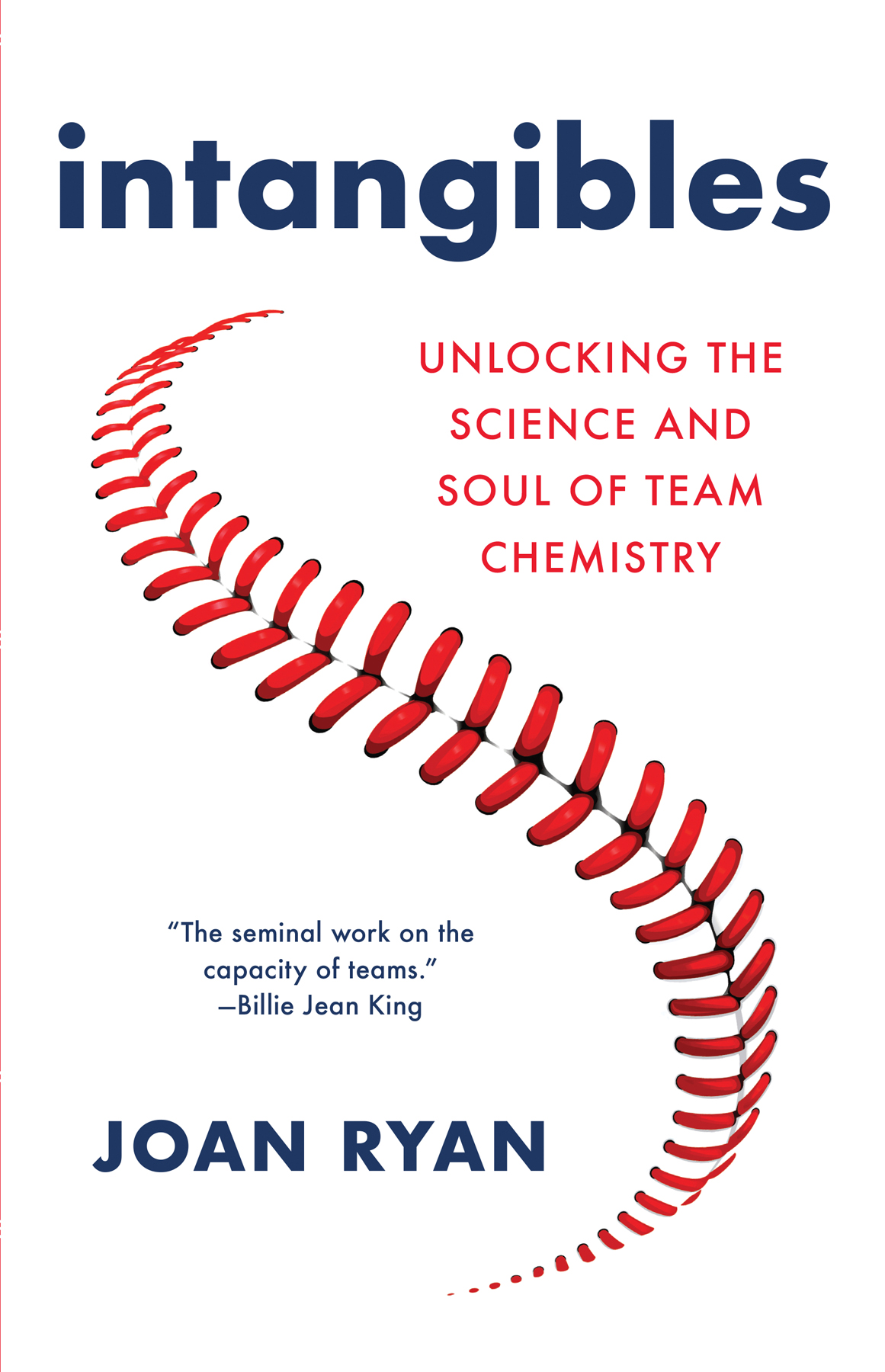
Copyright 2020 by Joan Ryan
Cover design by Black Kat Design
Cover artwork Getty Images
Cover copyright 2020 by Hachette Book Group, Inc.
Hachette Book Group supports the right to free expression and the value of copyright. The purpose of copyright is to encourage writers and artists to produce the creative works that enrich our culture.
The scanning, uploading, and distribution of this book without permission is a theft of the authors intellectual property. If you would like permission to use material from the book (other than for review purposes), please contact permissions@hbgusa.com. Thank you for your support of the authors rights.
Little, Brown and Company
Hachette Book Group
1290 Avenue of the Americas, New York, NY 10104
littlebrown.com
twitter.com/littlebrown
facebook.com/littlebrownandcompany
First ebook edition: April 2020
Little, Brown and Company is a division of Hachette Book Group, Inc. The Little, Brown name and logo are trademarks of Hachette Book Group, Inc.
The publisher is not responsible for websites (or their content) that are not owned by the publisher.
The Hachette Speakers Bureau provides a wide range of authors for speaking events. To find out more, go to hachettespeakersbureau.com or call (866) 376-6591.
LCCN 2019951695
ISBN 978-0-316-43490-4
E3-20200321-JV-NF-ORI
Molina (with Bengie Molina)
The Water Giver
Shooting From the Outside (with Tara VanDerveer)
Little Girls in Pretty Boxes
To Mike Krukow
The contribution of team chemistry to winning is easily the biggest hype in sports.
Richard Lally in The Enlightened Bracketologist
Every once in a while you hear an expert that says team chemistry is overrated. You just write that person off.
Hall of Fame baseball manager Tony La Russa
When my mother died suddenly at the age of seventy-six, she and my father had been married fifty-five years. My father, who was seventy-nine at the time of her death, had minor back problems and occasional memory lapses but otherwise was pretty healthy. Soon, however, his appetite waned, and his mental acuity deteriorated. While doctors struggled to find anything wrong, his once-broad shoulders became a wire hanger beneath his shirt. He was flummoxed by the telephone and remote control. And then, nine months after we buried my mother, he died. The cause of death was the puzzling failure to thrive.
I knew the term only in connection to babies, having remembered learning about sterile orphanages in Europe at the turn of the century. To stop the spread of germs and disease, nurses were instructed to hang sterilized sheets between the cribs and to Doctors were stumped.
Not until the 1940s, when Austrian-American psychiatrist Ren Spitz began to study the case, did a theory begin to emerge: Babies need physical and social interaction to flourish. To test his hypothesis, he found two groups of babies to compare.
One was being raised in an orphanage, the other in a womens prison. The orphans were essentially isolated in their cribs, with a lone nurse tasked with caring for seven babies. The second group lived in the prison nursery where their mothers cared for them every day. These babies also interacted with other babies and the nursery staff. After a year, Spitz compared the two groups. In motor skills and cognitive performance, the orphans severely lagged behind their prison counterparts. After two years, 37 percent of the orphans had died but none of the prisoners babies. By the third year, the prison infants walked and talked at levels comparable to those of children raised in family settings. At the orphanage, only two of the twenty-six children could walk and articulate a few words.
American psychologist Harry Harlow built on Spitzs research. Anyone who has taken an intro to psychology class probably remembers Harlows disturbing experiments on rhesus monkeys in the 1950s.smile. But it offered no food. The monkeys spent nearly all their time cuddling and embracing the terrycloth surrogate. They left it only to feed quickly at the bare-wire mother. The researchers then took the terrycloth mother away for up to nine months. The babies eventually lost interest in eating. They behaved erratically. They curled up in a ball. Vital body rhythmsheart, respiration, sleepwere disrupted. Like the orphanage babies and my widowed father, they died from failure to thrive.
The results of these studies clearly show that babies need more than just caretaking to develop normally. They need to meet anothers gaze, to be held close, to hear the lilt of a voice and the beat of a heart. Like all primates, humans are pack animals. We all have our tribes, whether family, congregation, friends, workplace, or team. We need connection today as much as we did when our ancestors lived in caves. And its not just infants, of course. Like the case of my own parents, long marriages that end with a spouse passing can often catalyze the death of the widow or widower. My mothers presence provided something more essential to my father than food, water, or sleep.
On a July afternoon in 2009, a few years before my parents died, I found myself in a large white tent outside of what was then called AT&T Park in San Francisco. There, a group of middle-aged former baseball players were gathered for a reunion. Some were businessmen now. Some still made their living in baseball. There were a few jowls. A smattering of beer bellies. Two or three looked like they could still leg out a slow grounder. Bursts of laughter punctuated the conversations. The familiar give-and-take. And something else. I could hear it in their voices and see it on their faces, exactly as I remembered: They still loved each other.
Twenty years earlier, these men had drenched each other with champagne as 1989 National League champions. I was a youngish sports columnist for the San Francisco Examiner at the time, but that season and those players have stayed with me throughout my career. As with every romance in my life, I fell first for their story. They were a junk-drawer jumble of a team, rife with factions that had the potential to split the clubhouse: hard-drinking carousers and born-again Christians, African-Americans and Southern whites, Latinos from three different countries, college guys and functional illiterates, ambitious youngsters jockeying for roster spots and fading veterans trying to hold on. I never knew exactly what Id find when I pushed open the clubhouse door back then. Maybe it would be the portly ace pitcher perched on the exercise bike with a Parliament in one hand and the Chronicles crossword puzzle in the other; or the kid from New Orleans with the lopsided grin tossing insults in his happy, high-pitched screech; or the six-feet-six-inch snarl of a man whom teammates called Buffy (to his great irritation) barking again at the beat writers for some obscure slight. At least one of the Christian playersGod Squadders, we called themwould have his head in his Bible, perhaps reciting a prayer for whichever teammate thought itd be funny to slip a pornographic photo into Leviticus. Id surely see the hairy, funny veteran everyone called Caveman hobbling toward the trainers room for treatment on his scarred, patched, curbside-couch of a body. Their unlikely star that year was a gold-toothed former gangbanger who had been traded twice in seven months, nearly quit the game, and then found redemption among these men in the dank concrete clubhouse in the bowels of old Candlestick Park.
Font size:
Interval:
Bookmark:
Similar books «Intangibles : unlocking the science and soul of team chemistry»
Look at similar books to Intangibles : unlocking the science and soul of team chemistry. We have selected literature similar in name and meaning in the hope of providing readers with more options to find new, interesting, not yet read works.
Discussion, reviews of the book Intangibles : unlocking the science and soul of team chemistry and just readers' own opinions. Leave your comments, write what you think about the work, its meaning or the main characters. Specify what exactly you liked and what you didn't like, and why you think so.

